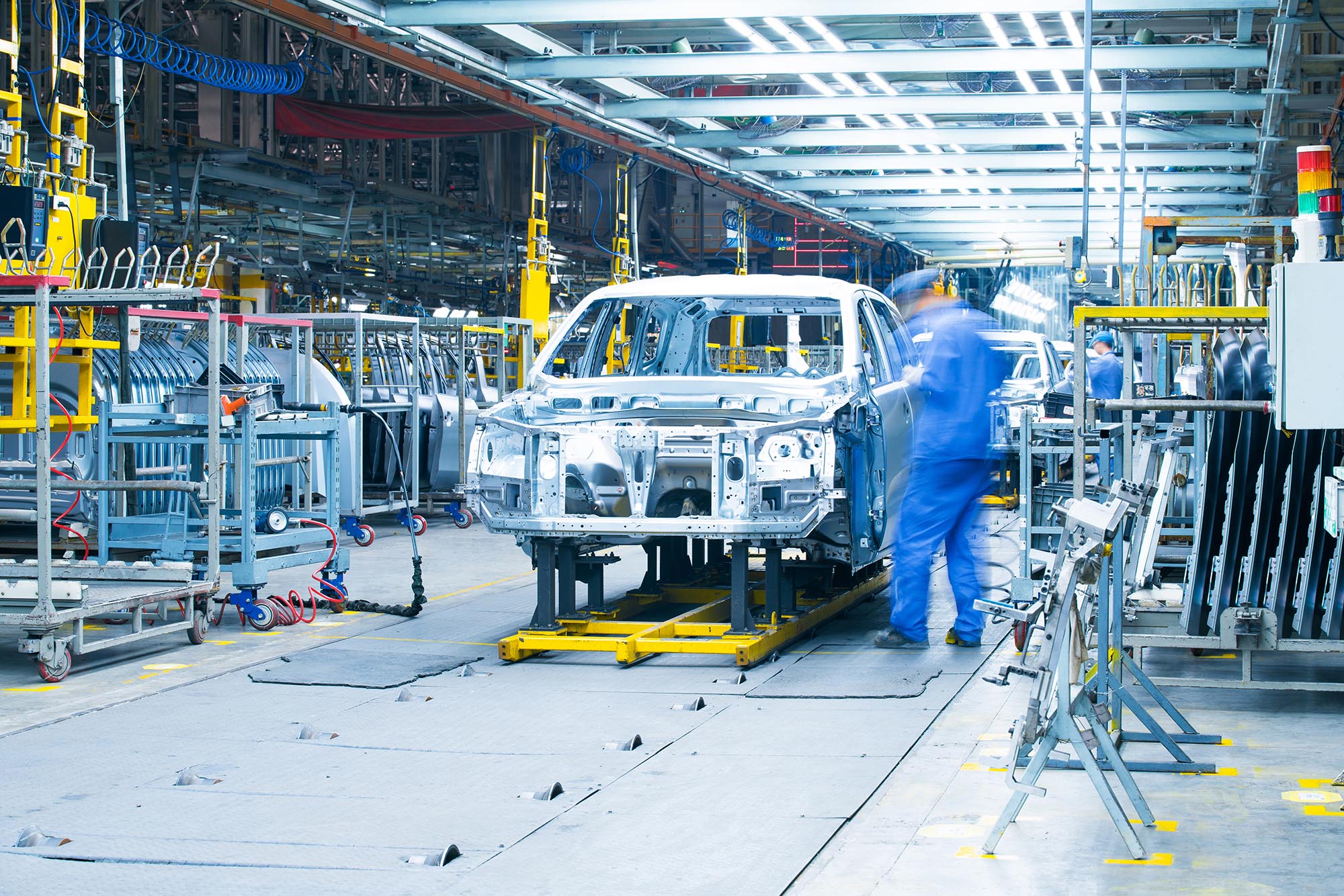How Car Costs Were Impacted by Inflation
Inflated car costs have likely affected vehicle owners' budgets over the last few years.
 Adobe Stock
Adobe Stock
The United States has faced a sharp rise in inflation since mid- to late 2021. Fueled in part by a variety of economic factors, the situation has resulted in budgetary concerns for many consumers, including car owners.
Between 2022 and 2023 alone, the auto industry saw a 20.7% increase in average vehicle repair costs, a 16.6% increase in car insurance rates, and a 10.5% increase in fuel prices, according to The Balance, a personal-finance site. But as consumer expenses cool off in 2024, drivers may be able to anticipate more affordable prices for their vehicles.
How Inflation Affected Car Loans
By June 2022, consumer prices had risen 9.1% over the year before, meaning consumers were paying a lot more for goods in a short amount of time. And consumer goods weren't the only thing to see a sharp jump. According to the Federal Reserve, a 48-month new-car loan went from a 4.9% rate in January 2022 to 8.3% in September 2023, representing a 70% increase.
Car-Price Inflation
Car buyers who were shopping for new cars over the past few years likely experienced a rise in prices, due to supply chain restrictions from the pandemic and other unanticipated incidents — the Suez boat crisis, for example — that slowed the flow of essential car parts.
Collective supply chain issues that depleted the availability of parts and equipment led to a domestic slowing of vehicle production. With lower overall inventory available for purchase, new-car buyers saw higher prices that made purchasing a vehicle out of reach for some.
A Rise in Vehicle-Repair Costs
Overall vehicle repair costs rose nearly 17% in 2022, with individual maintenance procedures rising as much as 9%, according to the Federal Reserve Bank of Minneapolis. This spike in vehicle repair costs can be attributed to inflation and the aforementioned supply chain issues. As access became limited to tools and parts, common repairs as simple as oil changes increased in price.
What to Expect for the Future of Car Costs
There's at least one sign that inflation is leveling out. The Congressional Budget Office released a statement eyeing a 2.1% yearly inflation rate for the coming year, a possible return to normal.
But despite an overall decrease in inflation, car insurance is expected to rise further. These car-insurance increases could reach as high as 12.6% before the end of the year, according to a report from personal-finance website ValuePenguin and online lending marketplace LendingTree. More expensive insurance premiums could be attributed to a combination of increased weather damage, more expensive electric vehicles and their parts, and a rise in car thefts.
On the flip side, fuel costs appear to be on the decline. The Energy Information Administration anticipates a national average of $3.40 per gallon, a 10-cent drop from the previous year. More optimistically, the EIA said costs could continue to decrease, hitting $3.30 per gallon on average by 2025.
Written by humans.
Edited by humans.
 Aidan Keefer
Aidan KeeferAidan Keefer is a writer and strategist focused on finance and insurance for the consumer and commercial markets, especially as those topics pertain to the automotive industry. Currently based in New York City, Aidan grew up in New Jersey — where he's navigated some of the most aggressive, unforgiving roads on the East Coast. Outside of writing about finance and insurance trends, Aidan can be found watching old movies or checking out the latest brewery opening.
Related articles
View more related articles